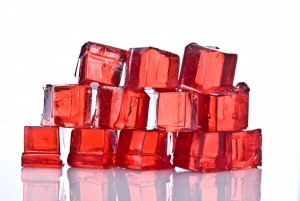Clean label demands fall in use of carmine
 Price volatility and increasing consumer interest in clean label products are contributing to the decline of carmine as a colour solution in food.
Price volatility and increasing consumer interest in clean label products are contributing to the decline of carmine as a colour solution in food.
That is the conclusion of the GNT Group, which has said that manufacturers that use carmine to colour their products risk being confronted by “growing issues”.
As the colourant is made from the inedible cochineal insect and its production requires chemical processing, it cannot meet consumer expectation for natural ingredients. According to a comprehensive study, conducted by market research institute TNS in partnership with GNT, consumers have a clear perception of what “natural colours” are, expecting them to originate from edible raw materials such as fruit and vegetables.
“Today, there is no need for food and beverage manufacturers to struggle with these issues. They can easily replace carmine with colouring foods, a high-performing, natural colour solution”, said GNT Group managing director Dr Hendrik Hoeck. “It is a common misperception that with true natural colour solutions, there are issues concerning the colour match and stability. As a pioneer and innovation leader in the field, with more than 37 years of experience, we can provide colouring foods in a sheer endless spectrum of shades that match those obtained with carmine and offer excellent stability.”
Through the complete vertical integration of its supply chain, GNT has claimed to be able to ensure the best possible price stability and all-year-round availability of its products, affording long-term planning security to manufacturers.
“With colouring foods, producers have the right solution at hand to develop future-proof food and drinks,” added Dr Hoeck. “Our products fully match consumer expectations towards true naturalness and thus help secure the favour of increasingly nutrition-conscious consumers worldwide.”
Colouring foods are concentrates made exclusively from fruit, vegetables and edible plants. In contrast to additive colourants like carmine, their production involves only processing with water and gentle physical methods such as pressing, chopping and filtering. The concentrates can be applied to nearly every product and are used for beverages, confectionery, dairy, ice cream, food supplements and fruit preparations. They are suitable for all dietary requirements.

































